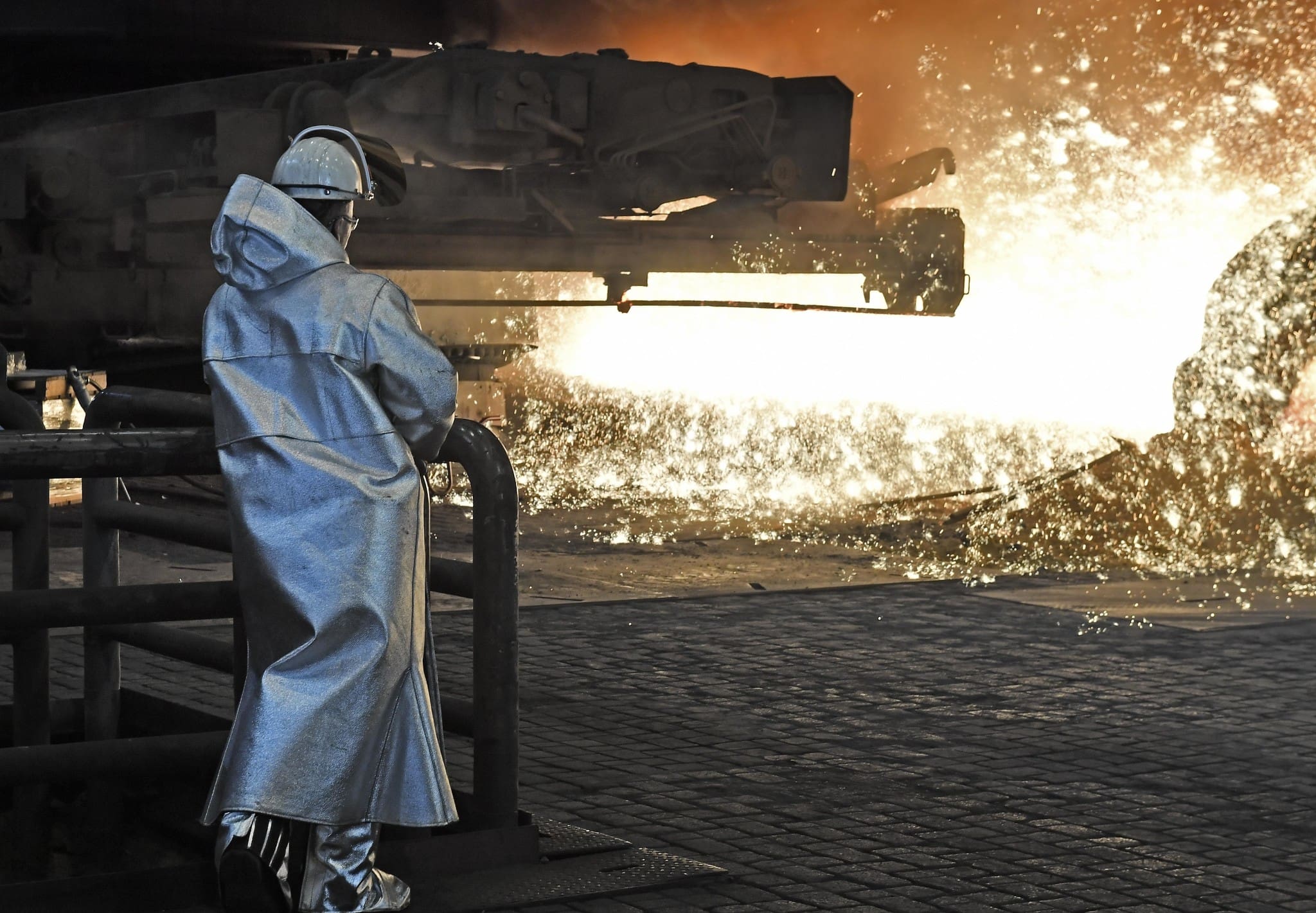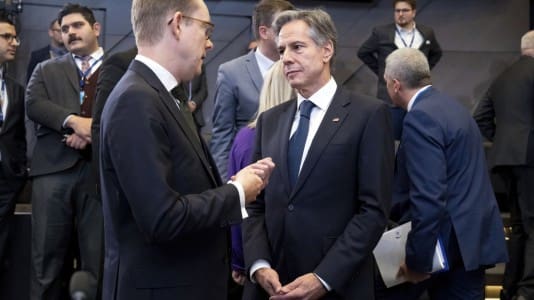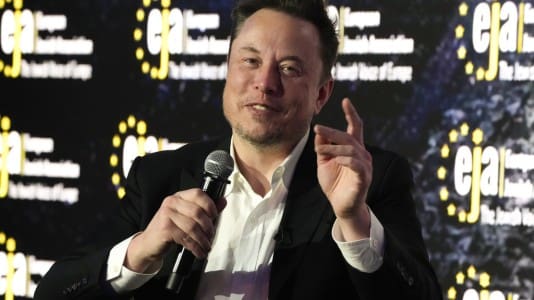Steel production in Germany is cratering, reaching a low point last seen during the 2008 global economic crisis. Steel production dropped to 35.4 million tons in 2022, a decrease of 3.9 percent from 2021.
The hardest hit segment of steelworks was the electrical steel industry, which saw its production sink by almost 9 percent to 9.8 million tons, a figure even lower than the 2009 low. Overall, all segments of the steelworks industry in Germany saw declines.
Since the beginning of the Russian-Ukrainian war, there has seen a continuous downward trend in the German steel sector, in large part due to soaring electricity prices.
Kerstin Maria Rippel, managing director of the German Steel Federation, cited “weak demand” and “intentionally uncompetitive” electricity prices as being factors behind the crisis.
“The annual balance of steel production in Germany clearly shows that the situation for the steel industry (…) is very serious,” she added.
In what appears to be a shot at the ruling left-liberal government, Rippel says that her association notes an “urgent need for political action” regarding transmission grid fees, which have doubled since the beginning of 2023.
[pp id=100838]
She is calling for state subsidies from the “Climate Transformation Fund” to help the sector finance a turnaround.
“We need a clear political concept on how the path to climate neutrality is to be sustainably financed,” said Rippel.
Soaring energy and material costs have hit German industry particularly hard, and the role of the Christian Democrats (CDU) in pushing for the phasing out of nuclear power — a move also supported by the Greens — has also played a role.
The Alternative for Germany party has pointed to the current left-liberal government, along with the previous CDU-led government, as being behind the long-term decline in Germany’s industrial sectors. However, the situation has grown especially dire under Chancellor Olaf Scholz.
“Only on Monday, the pharmaceutical and chemical giant Bayer announced a ‘significant workforce reduction’ by the end of 2025. The tire manufacturer Continental is terminating the 40-hour contracts of thousands of employees, and the gear factory Friedrichshafen (ZF) apparently wants to cut 12,000 jobs. However, the traffic light government doesn’t care about any of this,” wrote the AfD in a statement.
The AfD says it will reverse the green “energy transition” and repair the Nord Stream pipelines in order to return cheap Russian energy to German industry. The party also promises to reduce the tax burden and bureaucracy to jumpstart the German economy.






